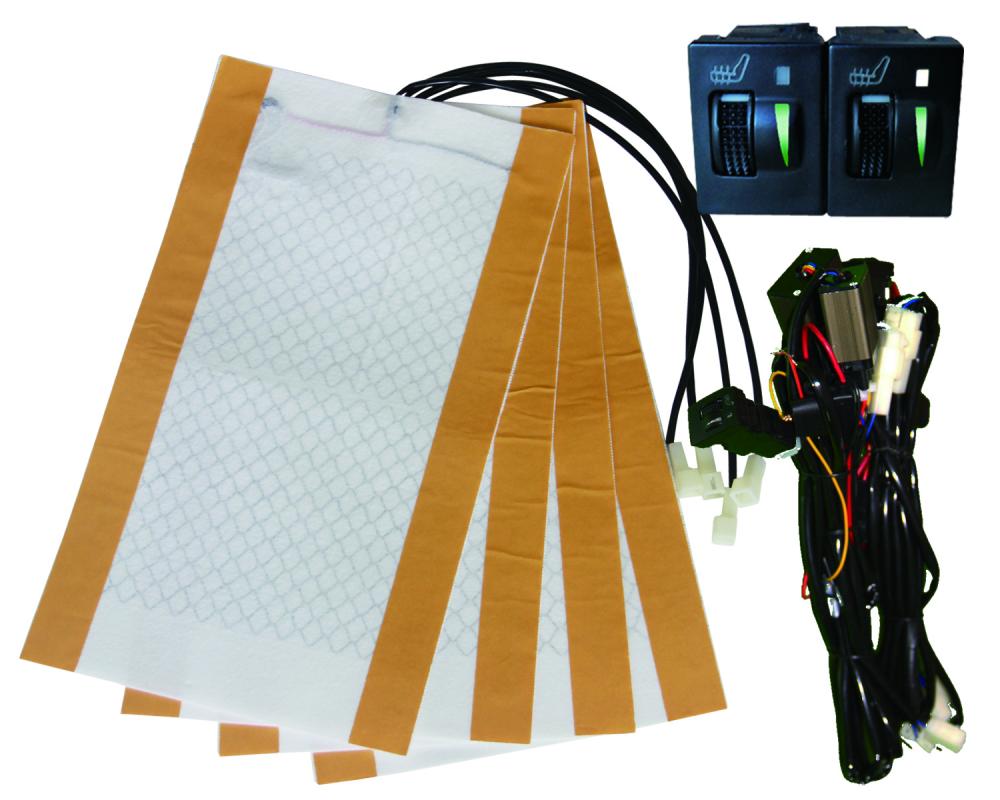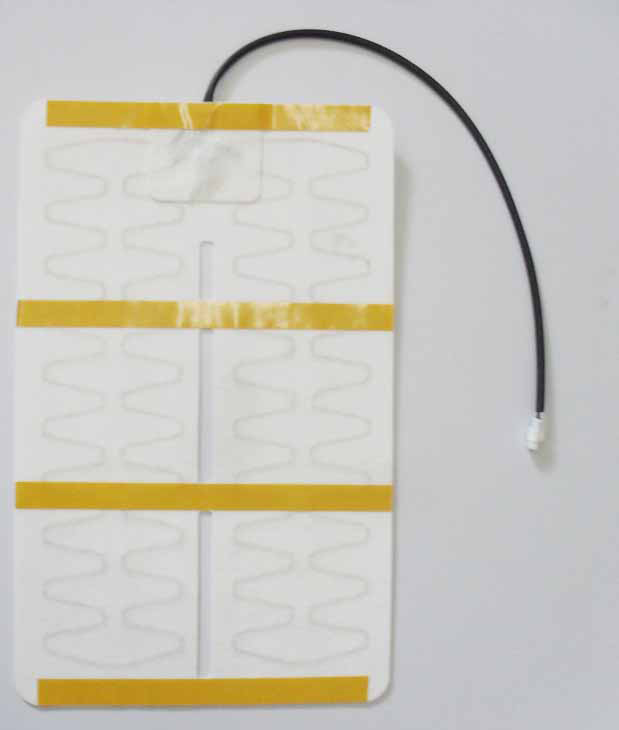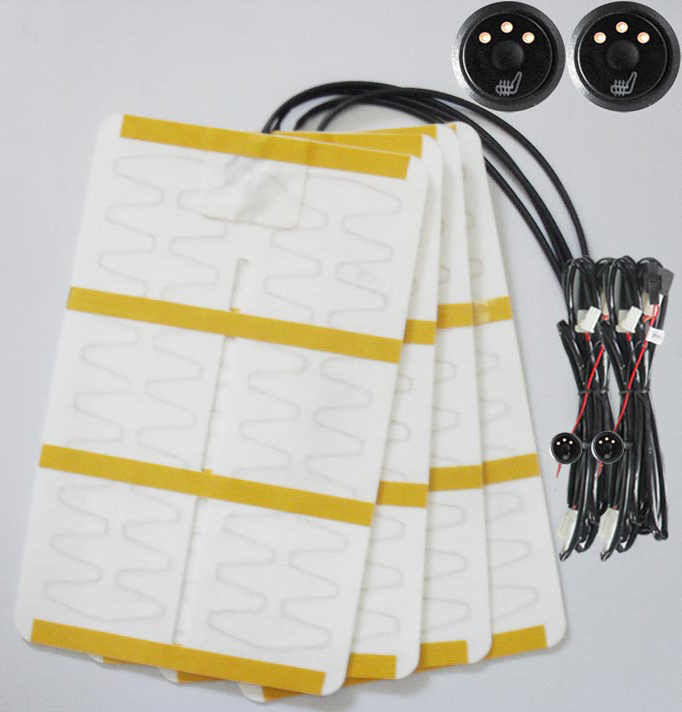The US Environmental Protection Agency announced last week that according to a recent agreement between the agency and Dover Chemical, the company agreed to suspend production of SCCPs because these products are persistent, bioaccumulative, toxic substances.
Ingenia Moreno, Assistant Secretary of the United States's Minister of the Environment and Natural Resources, said: “Suspension of the production of SCCPs will help reduce risks to human health and the environment.†According to the agreement, Ohio State’s Dow Chemical Co., Ltd. will The EPA paid $1.4 million because it produced a variety of chlorinated paraffins containing shorter and longer carbon chains but did not report it to the agency. According to the EPA's claim, according to the federal chemicals production and management law, the Toxic Substances Management Act, companies must submit relevant reports to the agency for the production of such chemicals, and the company has failed to comply with this requirement.
However, Dow Chemical Co., which had started producing chlorinated paraffins before the entry into force of the Toxic Substances Control Act of 1976, stated that it had submitted relevant reports to the EPA as early as several decades ago. The EPA claims that the chlorinated paraffin material submitted by the company in 1978 was not exhaustive. Daewon Corwin, president of Daohua, said: “Although we can choose to file lawsuits with the EPA, Daohua has a culture of cooperation with management agencies, and we also promise to take a responsible attitude towards environmental protection. Combining these factors we will eventually We chose to solve the dispute with the EPA friendly.†In fact, during the discussion of this matter, Daohua Chemical stopped short-chain chlorinated paraffins in August last year.
According to the EPA, SCCPs have 10 to 13 carbons and 3 to 12 chlorines on their molecules. They are often used as lubricants, metal cutting coolants, and plastic plasticizers and flame retardants. At the end of 2009, the EPA declared that because SCCPs are persistent, bioaccumulative in animal tissues and toxic to aquatic organisms even at low concentrations, they will formulate relevant regulations for such substances. It is understood that Canada has issued a ban on SCCPs because of the potential environmental problems caused by such substances.
According to this solution, Dow Chemical will submit to EPA the relevant materials and data for several of its longer-chain chlorinated paraffins that it continues to produce. The EPA said it will identify and assess the health and environmental risks of related substances, expose data, and control them if necessary. The agency said that these longer-chain chlorinated paraffins are similar to short-chain paraffins and may also cause environmental and health concerns.
Dow Chemical Co., Ltd. mainly produces alkyl phenols, chlorinated paraffins, polymer additives, liquid and solid antioxidants, brominated flame retardants, and additives for metalworking fluids. It is a subsidiary of ICC Industrial Corporation, headquartered in New York City. the company.
Whether it is during the cold winters or hot summer days, this is a versatile car seat that will suit you best. It has been equipped with both heating and cooling systems so that it provides quality services. Apart from this, it also provides a vibrating massage for a good feeling when driving. Apart from this, the heated car seat is very safe thanks to the overheat protection thermostat system.
It also has up to dive levels of heating areas that will keep the body at the required temperature. It heats faster in just three minutes; hence very efficient. It comes with remote control for easy operation.


Seat Heated,Heated Seat In Car,Car Seat Warmer,Heated Seats Car Seats
JiLin Province Debang Auto Electric Co.,Ltd. , https://www.dbheatedpads.com